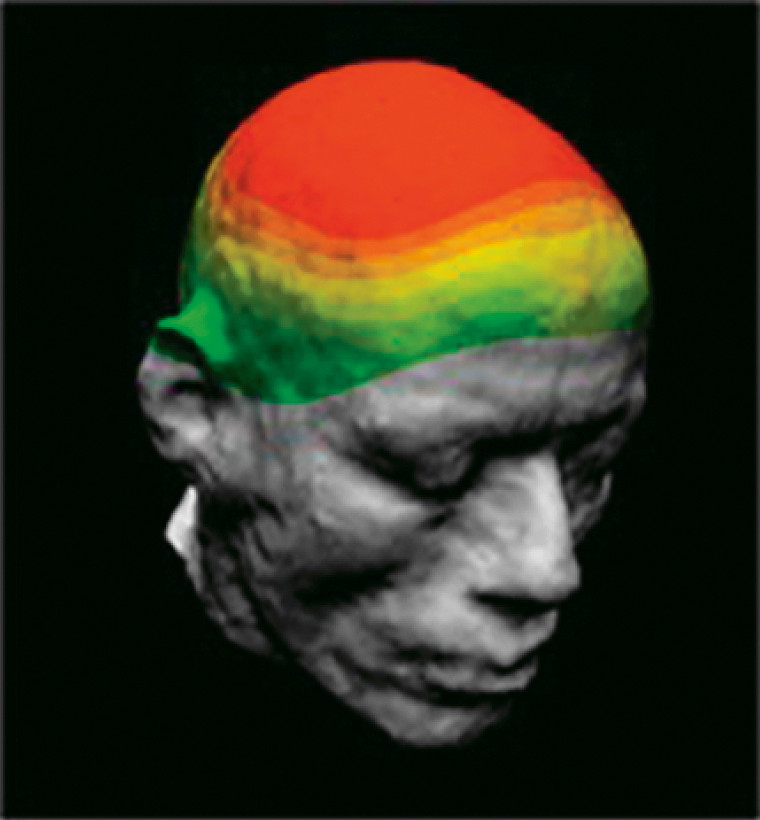New Neuroscience Minor
Open gallery

How do neurons within the brain communicate chemically? How do individuals interpret meaning verbally? How does the brain learn? These are just some of the many complex questions being explored by researchers in neuroscience. Beginning this fall, Lewis & Clark students will be able to pursue a minor in this vibrant, growing field.
The brain and nervous system control a wide range of behaviors, from basic biological processes such as vision and movement to complex states relating to emotion, learning, decision making, and cognition. As a result, neuroscience is, by nature, an interdisciplinary field.
At Lewis & Clark, students and faculty in neuroscience will draw on many fields, including biology, chemistry, computer science, foreign languages, philosophy, physics, psychology, and others. The new neuroscience minor supports the college’s strategic goals to promote interdisciplinary and collaborative scholarship.
“Students now have the opportunity to explore the field of neuroscience in a structured, challenging, and satisfying way at Lewis & Clark, and to receive recognition for their interests and efforts,” says Tamily Weissman-Unni, assistant professor of biology. “It will give students a strong background to prepare them for graduate or other professional programs.”
Weissman-Unni and Todd Watson, assistant professor of psychology, envision students using the neuroscience minor as a way to explore other fields and achieve academic goals without the stress of double majoring.
The neuroscience minor allows students to examine phenomena from a wide variety of perspectives and to work with students and faculty from other fields of study.
“The students and faculty here are very enthusiastic about neuroscience and have been working toward developing a minor for several years,” says Watson. “The inclusive, interdisciplinary nature of neuroscience very much fits with the overall ethos of a liberal arts institution like Lewis & Clark.”
More L&C Magazine Stories
Lewis & Clark Magazine is located in McAfee on the Undergraduate Campus.
MSC: 19
email magazine@lclark.edu
voice 503-768-7970
fax 503-768-7969
The L&C Magazine staff welcomes letters and emails from readers about topics covered in the magazine. Correspondence must include your name and location and may be edited.
Lewis & Clark Magazine
Lewis & Clark
615 S. Palatine Hill Road MSC 19
Portland OR 97219

